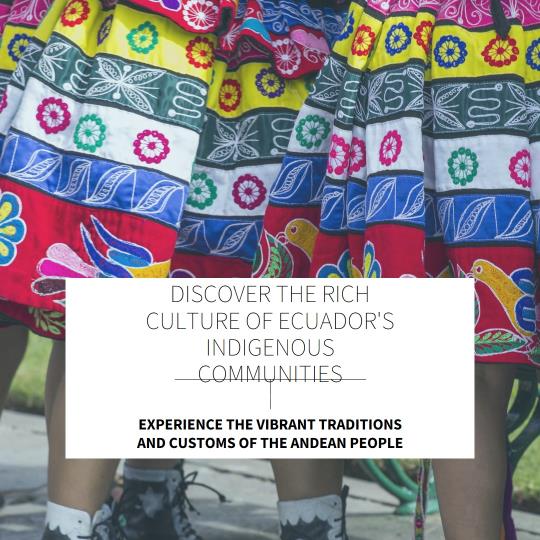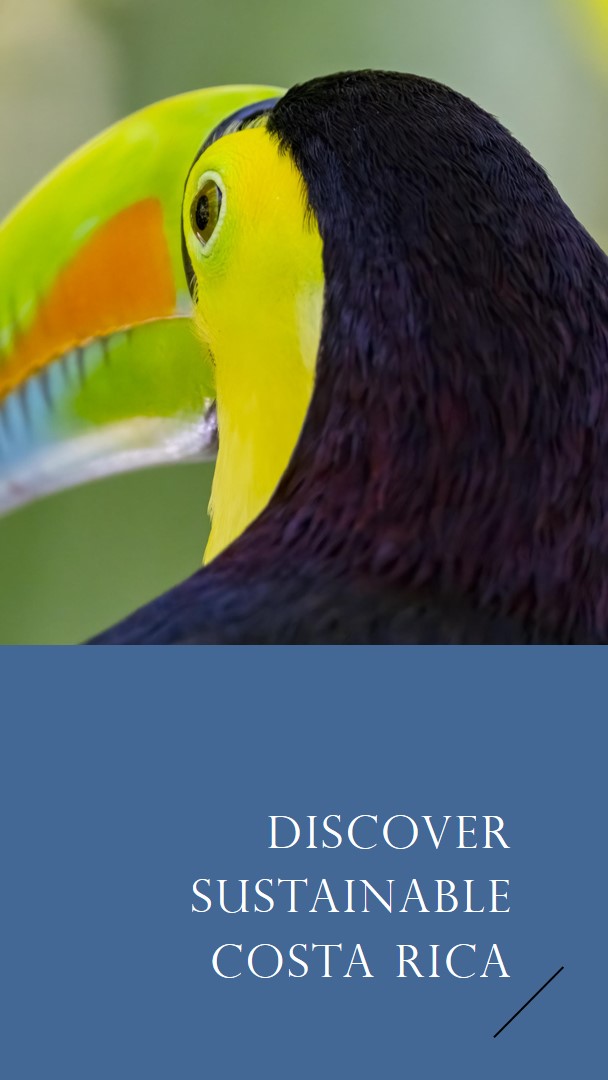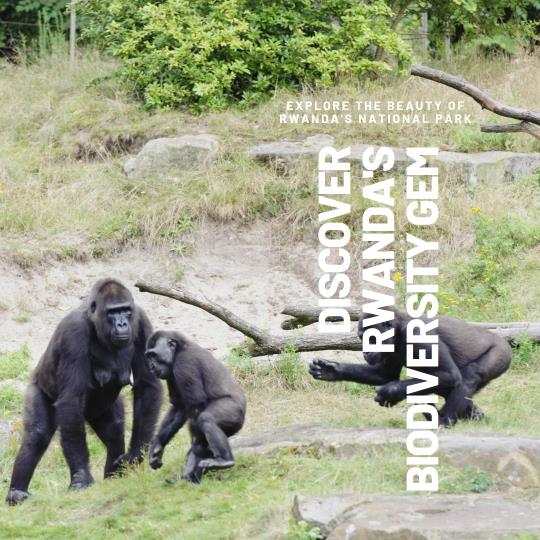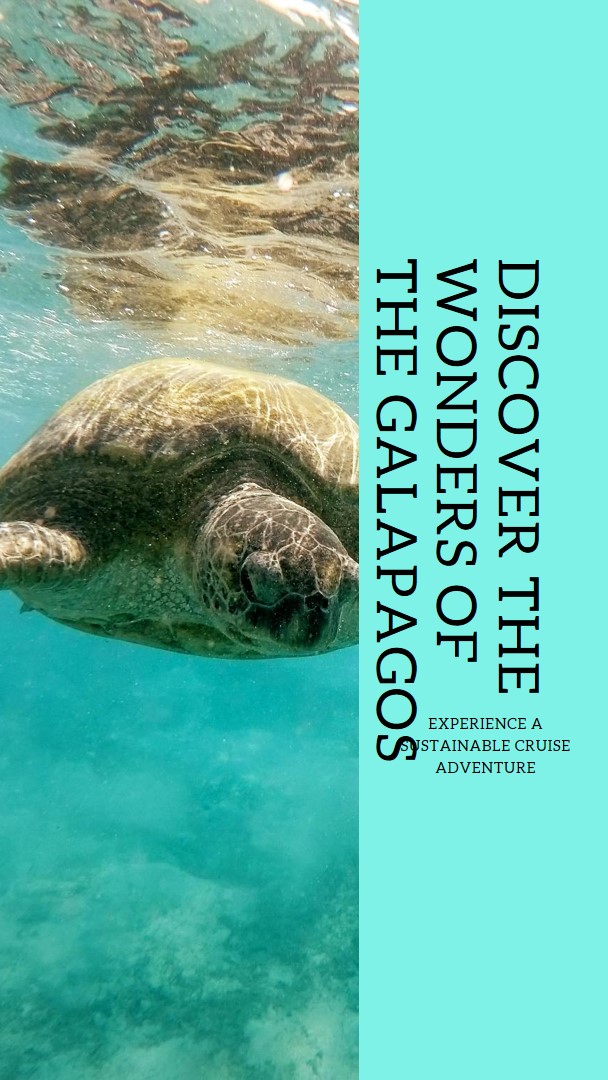Ecuador’s Indigenous Communities

🌿Showcasing Sustainable Community-Based Tourism Experiences 🌿
Ecuador, a country known for its stunning natural landscapes, rich biodiversity, and vibrant cultural heritage, has increasingly become a hotspot for travelers seeking unique and sustainable experiences. At the heart of this burgeoning tourism industry are Ecuador’s indigenous communities, who are opening their doors to visitors and offering a glimpse into their centuries-old traditions, customs, and ways of life. This article delves into the world of “Ecuador Indigenous Tourism,” highlighting the sustainable community-based tourism experiences that support these indigenous cultures.
Preserving Indigenous Traditions and Nature
🌳 A Symbiotic Relationship 🌳
Ecuador’s indigenous communities have a profound connection with their ancestral lands. They see their role as stewards of the environment, and their sustainable way of life is intertwined with nature. Visitors who embark on indigenous tourism journeys get the opportunity to witness this harmonious coexistence firsthand.
One remarkable example is the Kichwa community in the Amazon rainforest. Tourists can join them on guided jungle treks to learn about traditional plant medicine, sustainable farming practices, and the importance of preserving the rainforest’s biodiversity. These tours not only educate visitors but also provide crucial economic incentives to the indigenous people to continue protecting their environment.
Immersive Cultural Experiences
🥁 Discovering Rich Cultural Heritage 🥁
Ecuador’s indigenous cultures boast a rich tapestry of traditions, art, music, and folklore. Through community-based tourism, travelers can immerse themselves in these vibrant cultural experiences.
In the Andean highlands, travelers can participate in traditional Quechua weaving workshops. They learn about the intricate techniques passed down through generations and create their own handwoven textiles. These workshops not only support the local economy but also provide an authentic window into the lives of the Quechua people.
Economic Empowerment and Social Impact
💼 Empowering Indigenous Communities 💼
One of the most significant advantages of Ecuador’s indigenous tourism is its potential for economic empowerment. Indigenous communities are often marginalized and face economic challenges. Tourism provides an opportunity for them to generate income while preserving their way of life.
The Shuar community, known for their intricate beadwork and artisanal crafts, has harnessed the power of tourism to create cooperatives. These cooperatives not only allow them to sell their crafts directly to visitors but also reinvest in community development projects such as schools and healthcare facilities.
Responsible Tourism for a Sustainable Future
🌎 Promoting Responsible Travel 🌎
Ecuador’s indigenous communities are keen on responsible and sustainable tourism practices. They value the delicate balance between sharing their culture with visitors and preserving their traditions. Travelers can contribute to this sustainable future by respecting the local customs, supporting fair trade initiatives, and minimizing their environmental impact.
It’s essential to choose tour operators and accommodations that prioritize sustainability and cultural respect. By doing so, tourists become active participants in preserving Ecuador’s indigenous cultures for generations to come.
Here are a few examples of sustainable community-based tourism experiences in Ecuador 🌟
- Kichwa community-based tourism in Otavalo: This experience allows visitors to stay with a Kichwa family and learn about their daily lives. Visitors can also participate in traditional activities such as weaving, farming, and cooking.
- Shuar community-based tourism in Morona Santiago: This experience takes visitors to the Shuar rainforest, where they can learn about the Shuar people’s traditional knowledge of the forest and its plants and animals. Visitors can also participate in activities such as hiking, swimming, and fishing.
- Achuar community-based tourism in Pastaza: This experience allows visitors to stay with an Achuar family in the Amazon rainforest. Visitors can learn about the Achuar people’s traditional way of life and participate in activities such as hunting, fishing, and canoeing.
- Siona community-based tourism in Sucumbíos: This experience takes visitors to the Siona rainforest, where they can learn about the Siona people’s traditional knowledge of the forest and its plants and animals. Visitors can also participate in activities such as hiking, swimming, and canoeing.
- Secoya community-based tourism in Orellana: This experience allows visitors to stay with a Secoya family in the Amazon rainforest. Visitors can learn about the Secoya people’s traditional way of life and participate in activities such as hunting, fishing, and canoeing.
- Cofán community-based tourism in Sucumbíos: This experience takes visitors to the Cofán rainforest, where they can learn about the Cofán people’s traditional knowledge of the forest and its plants and animals. Visitors can also participate in activities such as hiking, swimming, and canoeing.
- Waorani community-based tourism in Orellana: This experience allows visitors to stay with a Waorani family in the Amazon rainforest. Visitors can learn about the Waorani people’s traditional way of life and participate in activities such as hunting, fishing, and canoeing.
- Tsa’chila community-based tourism in Santo Domingo de los Tsáchilas: This experience allows visitors to stay with a Tsa’chila family and learn about their daily lives. Visitors can also participate in traditional activities such as weaving, farming, and cooking.
- Chachi community-based tourism in Esmeraldas: This experience takes visitors to the Chachi rainforest, where they can learn about the Chachi people’s traditional knowledge of the forest and its plants and animals. Visitors can also participate in activities such as hiking, swimming, and canoeing.
- Epera community-based tourism in Esmeraldas: This experience allows visitors to stay with an Epera family in the coastal rainforest. Visitors can learn about the Epera people’s traditional way of life and participate in activities such as fishing, canoeing, and collecting shellfish.
- Awá community-based tourism in Carchi: This experience takes visitors to the Awá rainforest, where they can learn about the Awá people’s traditional knowledge of the forest and its plants and animals. Visitors can also participate in activities such as hiking, swimming, and fishing.
These are just a few examples of the many sustainable community-based tourism experiences available in Ecuador. By participating in these experiences, visitors can help to support indigenous communities and learn about their unique cultures.
Tips for Supporting Sustainable Community-Based Tourism in Ecuador 🌟
When participating in sustainable community-based tourism experiences in Ecuador, there are a few things you can do to support the communities:
- Book your experience through a reputable tour operator that works directly with the indigenous communities.
- Be respectful of the local culture and customs.
- Ask permission before taking photos or videos of people.
- Purchase souvenirs from local artisans.
- Support community-owned businesses.
- Leave a small tip for your guide and host family.
By following these tips, you can help to ensure that your tourism experience is beneficial
Conclusion: Ecuador’s Indigenous Tourism Unveiled
🌟 A Unique Journey Awaits 🌟
Ecuador’s indigenous communities offer an unparalleled opportunity for travelers to embark on a journey of cultural enrichment and environmental awareness. By engaging in Ecuador Indigenous Tourism, visitors not only have the chance to explore the country’s natural wonders but also support the preservation of indigenous traditions and the well-being of these remarkable communities. It’s a win-win situation where travelers can leave with cherished memories, and indigenous communities can secure a sustainable future.
In a world increasingly concerned with sustainable and responsible tourism, Ecuador’s indigenous tourism serves as a shining example of how travel can be a force for good. So, pack your bags, open your heart to new experiences, and discover the incredible world of Ecuador’s indigenous communities. 🌎🌿🌄






